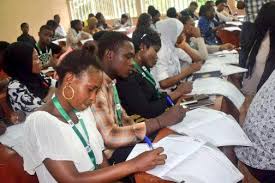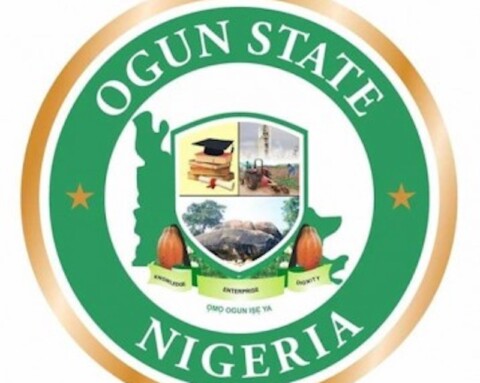The House of Representatives on Tuesday called on the Federal Government and the Academic Staff Union of Universities (ASUU) to immediately return to the negotiating table to resolve the ongoing dispute that prompted the union’s two-week warning strike.
This resolution followed the adoption of a motion of urgent public importance moved by Oluwaseun Whinghan, who represents the Badagry Federal Constituency of Lagos State, during plenary.
ASUU had on Monday commenced a two-week warning strike over the Federal Government’s alleged failure to implement key aspects of the 2009 ASUU-FGN Agreement, including issues related to revitalisation funding, earned academic allowances, salary structure, and university autonomy.
Prior to the strike, the Minister of Education, Dr. Yusuf Sununu, had assured that the administration of President Bola Tinubu was in the final stage of talks with the union to resolve all outstanding matters.
While presenting the motion, Whinghan expressed deep concern over the renewed industrial action, noting that previous strikes had often escalated into prolonged shutdowns that disrupted academic calendars, derailed research, and heightened the frustration of students, parents, and lecturers.
“The House notes that although ASUU has described the strike as a warning, previous experiences show that such actions often degenerate into extended work stoppages,” he said.
He stressed that the Nigerian university system remains central to national development, innovation, and human-capital growth, adding that any disruption weakens the country’s competitiveness, scientific advancement, and youth productivity.
Whinghan further emphasised that education, as recognised under Section 18 of the 1999 Constitution (as amended), is a key driver of social and technological progress. He lamented that repeated strikes in the tertiary education sector have caused student dropouts, brain drain, and declining public confidence in Nigeria’s university system, thereby undermining national stability and long-term development goals.
He urged both parties to embrace “renewed dialogue anchored on mutual respect, transparency, and good faith,” adding that the legislature should serve as a neutral facilitator in the interest of students and the nation.
Following the unanimous adoption of the motion, the House mandated its Committees on University Education and Labour, Employment, and Productivity to immediately mediate between the Federal Government and ASUU to facilitate a lasting resolution.
It also resolved to constitute an Ad-hoc Committee chaired by Speaker Tajudeen Abbas to oversee the mediation process and ensure that striking lecturers return to the classrooms without delay.
The House further urged both parties to exercise restraint, embrace dialogue, and prioritise the interests of students and national development above all other considerations.
Additionally, lawmakers called on the Federal Government to establish a permanent joint consultative platform with recognised university unions to promote continuous engagement and prevent future industrial disputes.
The Committee on Legislative Compliance was directed to monitor and report the progress of mediation efforts to the House within one week.





